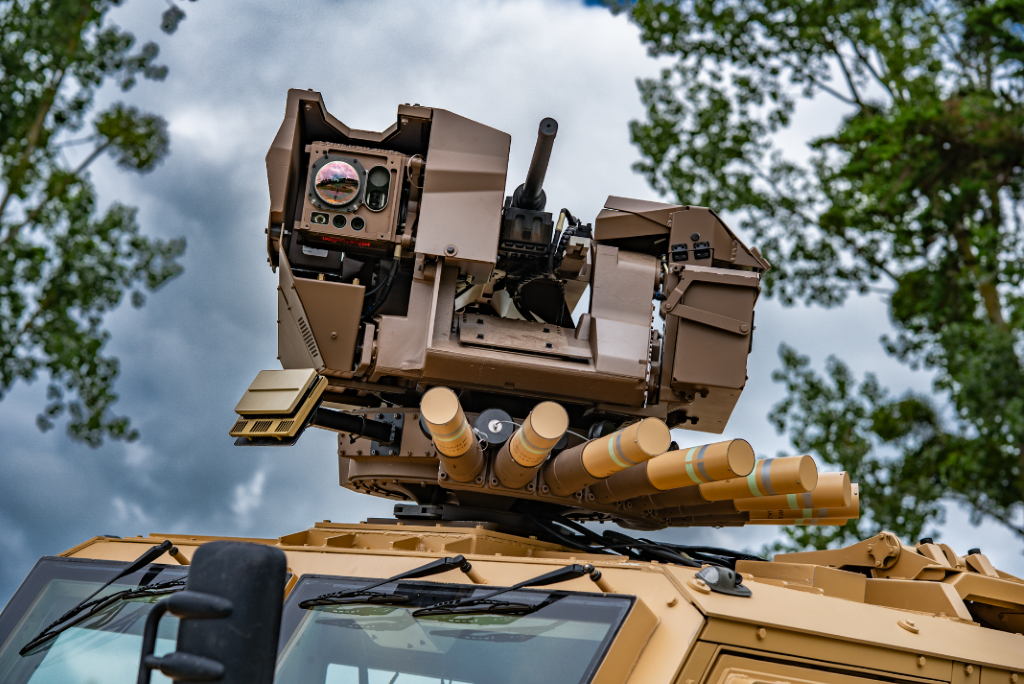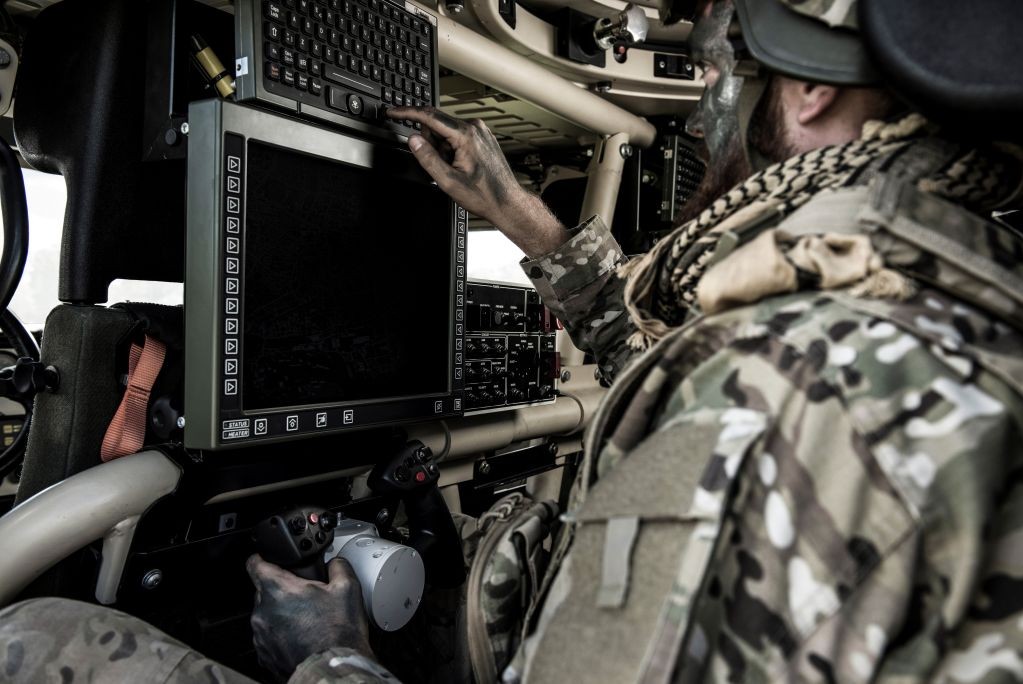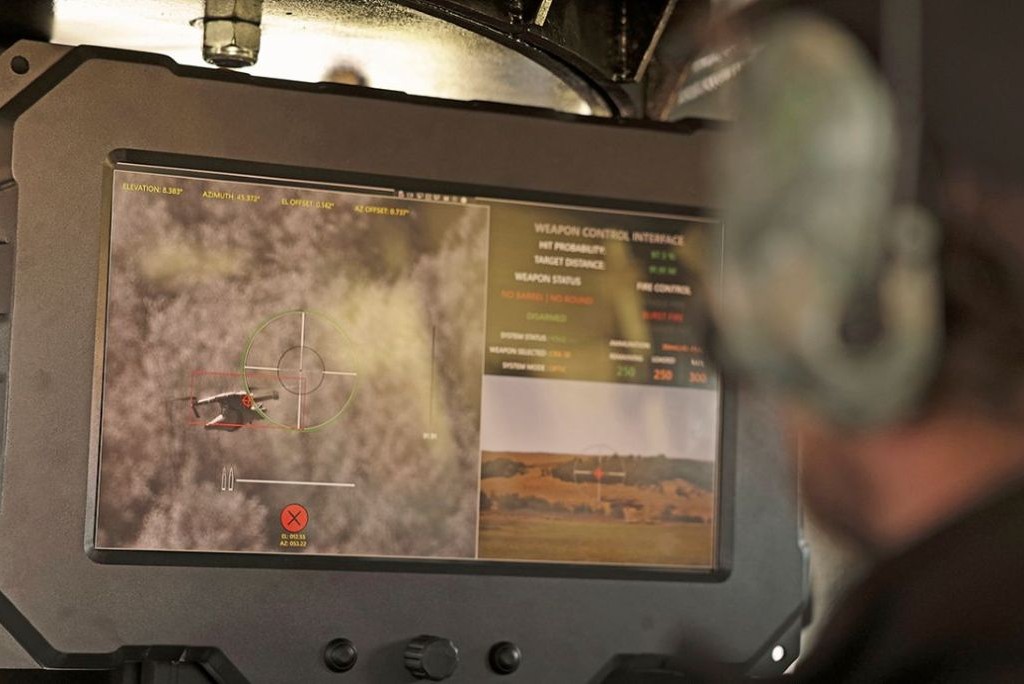EU Defense Integration with Ukraine: A Strategic Shift
In a decisive move to fortify Europe’s defense capabilities, members of the European Parliament have voted to enhance collaboration between the EU’s defense sector and Ukraine. This initiative emerges amid the ongoing complexities of a U.S. peace proposal and the persistent threats posed by unconventional warfare from Russia.
Legislative Approval and Financial Commitment
On Tuesday, EU lawmakers endorsed a substantial defense program with a vote tally of 457 in favor, 148 against, and 33 abstentions. The initiative allocates €1.5 billion (approximately $1.7 billion), with a dedicated €300 million ($345 million) earmarked for the Ukraine Support Instrument.
Key Statements
- Raphaël Glucksmann, a Member of the European Parliament (MEP) from France’s Socialists and Democrats, has articulated that this defense initiative is crucial for establishing a “more resilient and sovereign Europe.” He emphasizes the need for collaboration with Ukraine to develop an advanced military-industrial ecosystem.
- Andrius Kubilius, the EU Defense Commissioner, noted the urgent requirement for Ukrainian innovations, highlighting that the integration into the EU’s Defense Investment Program would facilitate the acquisition of military equipment tailored for Ukraine’s needs.
Escalating Defense Spending
Projected EU defense expenditures are set to reach approximately €392 billion (over $450 billion) in the current year—nearly double the amount spent four years ago, prior to the onset of Russia’s extensive invasion of Ukraine on February 24, 2022.
Geopolitical Context
The evolving dynamics of global security have prompted shifts within the EU. The current U.S. administration has signaled a pivot towards prioritizing national security interests, urging European allies to take greater responsibility for their own defense strategies, particularly concerning Ukraine.
Historic Transformation of EU Defense Policy
Originally conceived as a mechanism to prevent conflict post-World War II, the European Union has experienced a transformative shift in its security posture due to the ongoing war in Ukraine. The European Commission anticipates a staggering €3.4 trillion ($4 trillion) will be expended on defense over the next decade. To facilitate this evolution, plans are underway to propose a significant increase in the EU’s long-term budget for defense and space endeavors to €131 billion ($153 billion).
Strategic Objectives
- Autonomy in Defense: Kubilius posits that a robust defense industry is essential for geopolitical power. He advocates for the need for autonomy, stating, “If we are to be strong in our defense, we must possess a unified and independent defense sector.”
- Encouraging Domestic Spending: EU member states are urged to procure military resources predominantly from within the bloc, ensuring collaboration with European manufacturers. This strategy is aimed at optimizing efficiency, reducing costs, and enhancing security.
Collaborative Defense Initiatives
EU-based defense companies will have opportunities to seek tax incentives and financial support for pan-European defense projects that address collective security challenges. Noteworthy initiatives include:
- Eastern Flank Watch
- Drone Defense Initiative
- Space Shield
Kubilius asserted that allowing Ukrainian firms to partake in these initiatives injects vital military innovations into the European defense landscape.
Recent Developments
In a recent expansion of its defense strategy, the European Commission has introduced a new framework that facilitates the rapid deployment of tanks and personnel across European territories. Additionally, the EU Defense Industry Transformation Roadmap aims to streamline regulations and stimulate investment in domestic arms production and related technologies.
Reflecting on Historical Lessons
Ahead of the legislative vote, Kubilius drew parallels to Lithuania’s historical challenges under Soviet control, reinforcing the necessity for a strong European defense framework. He expressed a commitment to fostering a Europe that can robustly defend itself against external aggressions.
This comprehensive approach to integrating Ukraine into the EU’s defense fabric not only addresses current threats but also lays the groundwork for a more unified and resilient European security architecture.





